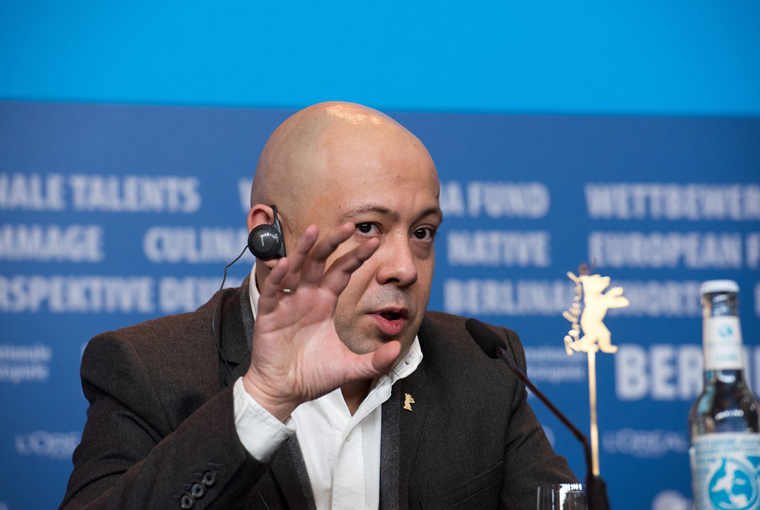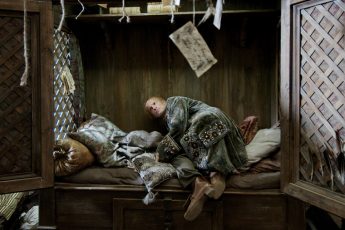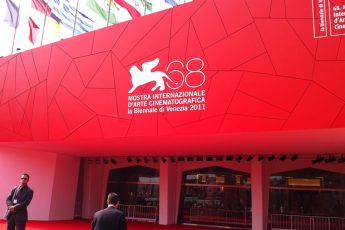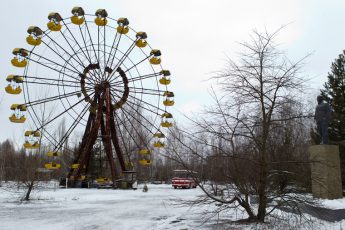
Aleksei German Jr.’s short film deals with the disaster of Fukushima from the perspective of a foreigner. We met the director for a short interview at the Biennale, where the film premiered as part of the Orrizonti section.
Why did you make a film about the disaster in Japan?
In Russia, we were struck by the catastrophe that happened in Japan. When I had the chance to make a film, the story appeared to me right away. I wasn’t forcing the story to come out of my mind, and I wasn’t influenced from the outside. I wrote the script very fast. It’s a sort of a poem. That’s how it happened.
Have you traveled to Japan to see how things are after the Tsunami?
No.
Is your character really helping the Japanese, or is he more helping himself?
We all carry our past inside of ourselves. Sometimes it is much more important than the present. Probably the character tried to realize this for himself in his attempt to help. It is quite difficult to describe. It was important for me transmit a certain feeling, also in regards to my own person and what happened to me a long time ago.
All of your characters live in the past. But they can also observe the other characters. Can this help them in any way to return to the present?
Yes, in my film, two very similar personalities meet, they could indeed return to the present.
Your last feature film was quite successful. How is your next feature getting along?
There are six stories, portrays of very different people in present day Russia. Russia is a very contradictory country, and we are trying to give a three-dimensional perspective on today’s Russia. When you have films about the poor, suburban Russia, it’s often too vague, and the films about the Russian upper class also lack precision. Moscow is not Russia. My film will be full of paradoxes.
Thank you for the interview.




Leave a Comment